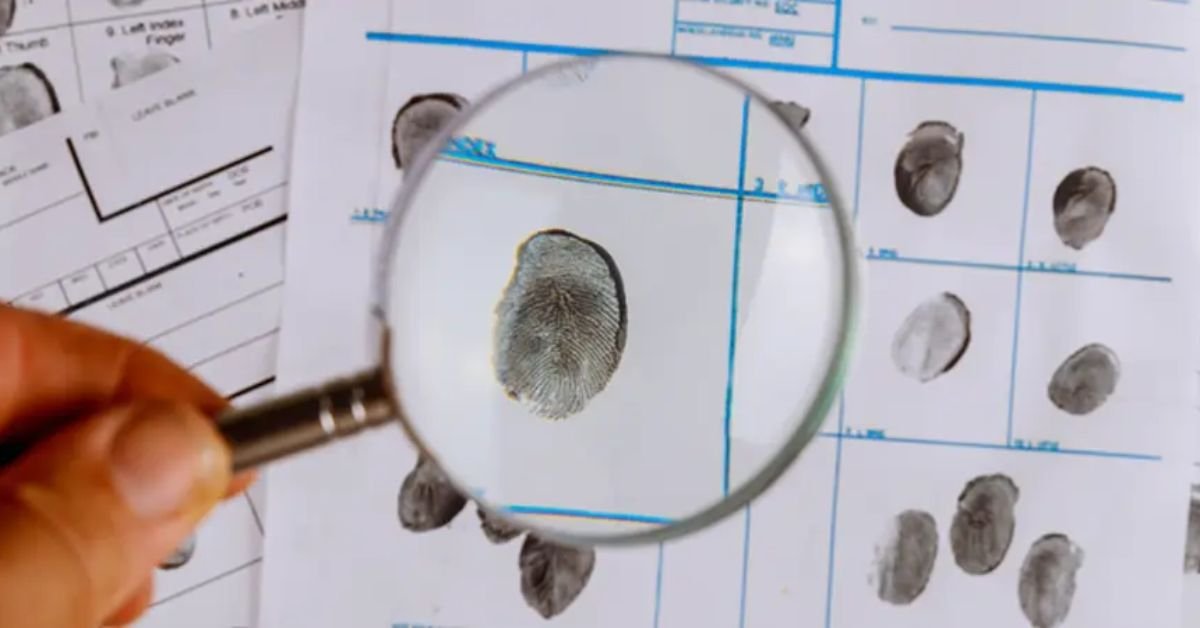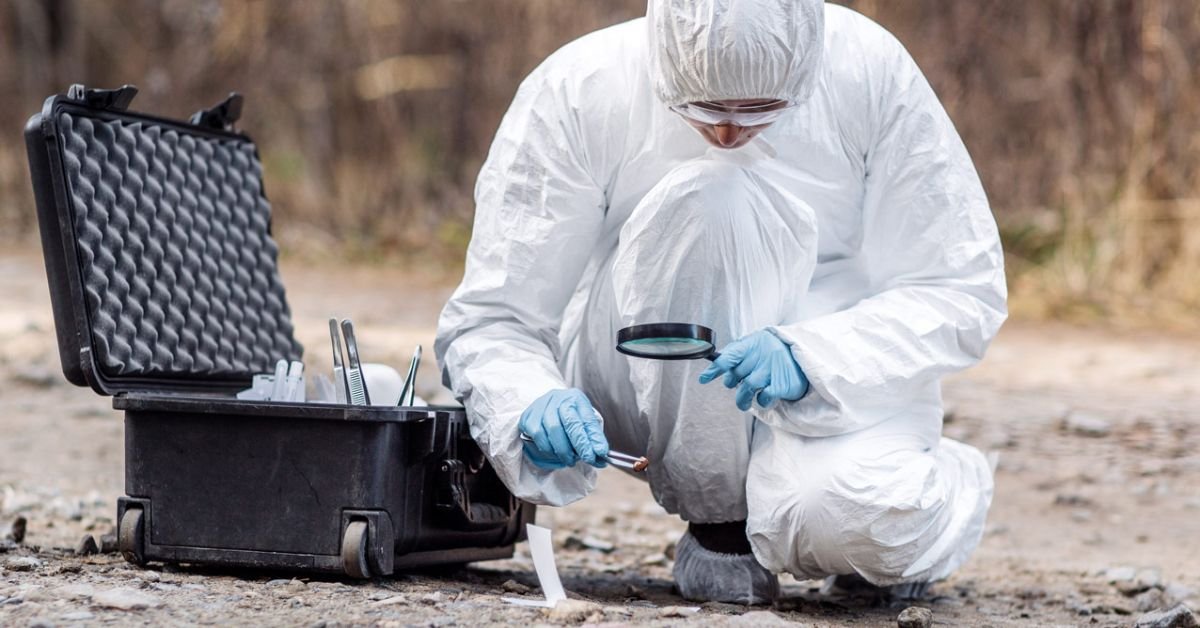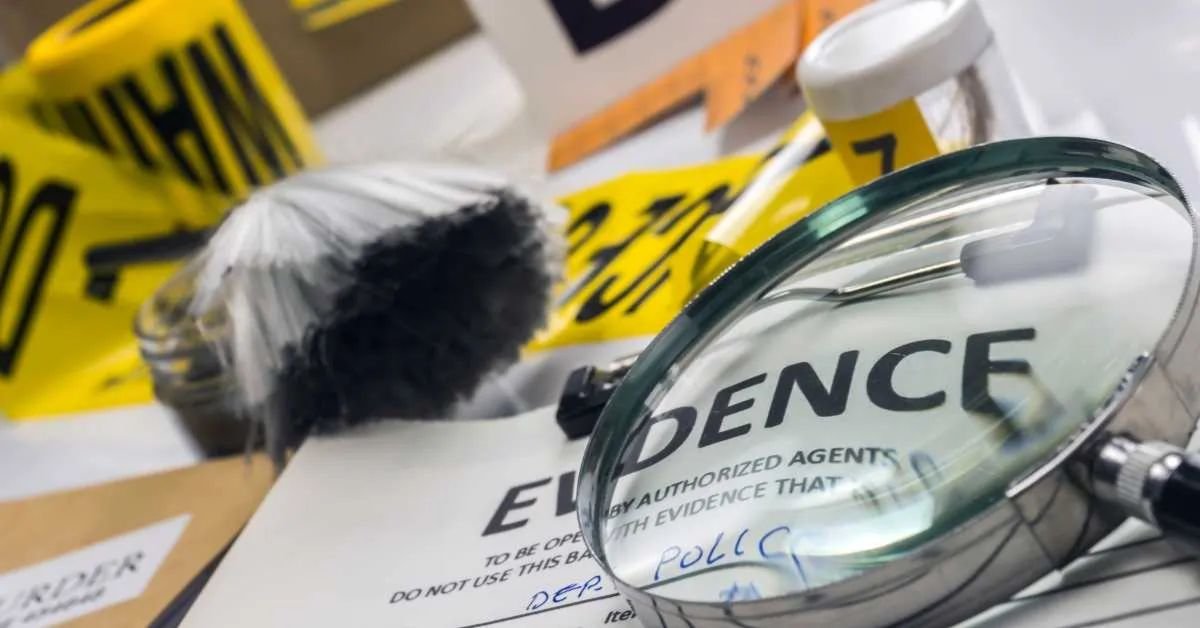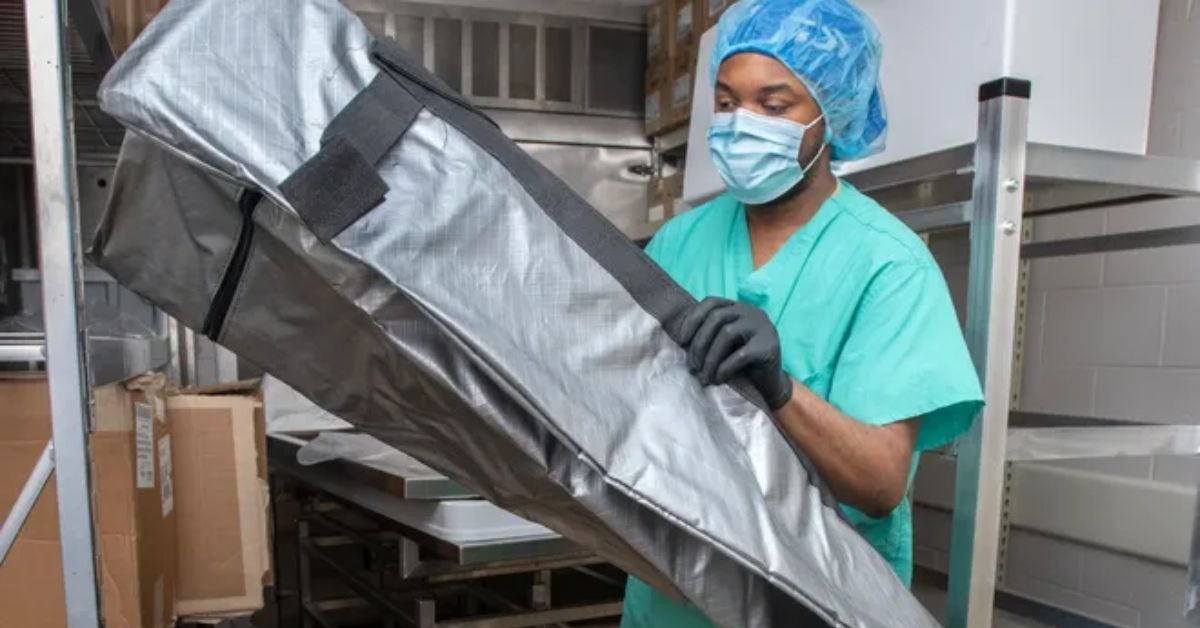Forensic investigators, also known as forensic science technicians, play a vital role in the justice system by collecting, analyzing, and documenting evidence that is critical in criminal investigations and court cases. The state of Florida, with its large population and diverse criminal justice needs, offers a range of opportunities for forensic investigators. This article explores the salary expectations for forensic investigators in Florida, examining various factors that influence compensation, the qualifications required, and the career outlook.
The Role of Forensic Investigators in Florida
Forensic investigators are responsible for applying scientific methods to the collection and analysis of physical evidence from crime scenes. Their tasks include:
- Crime Scene Investigation: Collecting and preserving physical evidence such as fingerprints, blood samples, and firearms.
- Laboratory Analysis: Conducting forensic tests, including DNA analysis, toxicology, and ballistics testing.
- Report Writing and Testifying: Documenting their findings and presenting them in court as expert witnesses.
- Collaboration: Working with law enforcement officers, attorneys, and medical examiners to ensure proper handling and analysis of evidence.
Forensic investigators in Florida work for law enforcement agencies, private forensic firms, and government offices, with some specializing in specific areas such as homicide investigations, digital forensics, or toxicology.
Factors Influencing Forensic Investigator Salary in Florida
The salary of forensic investigators in Florida can vary significantly based on several factors, including experience, geographic location, employer type, and education. Understanding these factors is crucial for those pursuing a career in forensic investigation.
1. Experience and Education
Experience and education level are key determinants of salary for forensic investigators in Florida. Entry-level professionals can expect lower salaries, but as they gain experience and specialize, their earnings can increase substantially.
- Entry-Level Forensic Investigators: Those just starting out in the field typically earn between $40,000 and $50,000 per year. These individuals often hold a bachelor’s degree in forensic science, criminal justice, or a related field.
- Mid-Career Forensic Investigators: With several years of experience, forensic investigators can earn between $50,000 and $70,000 annually. They often possess specialized certifications or advanced training in forensic disciplines such as digital forensics, crime scene management, or toxicology.
- Senior Forensic Investigators: Senior professionals, who may hold supervisory roles or possess extensive experience, typically earn between $80,000 and $100,000 or more per year. They are highly skilled and may have advanced degrees or certifications.
2. Geographic Location
The location of employment within Florida plays a significant role in determining salary. Larger metropolitan areas, such as Miami, Tampa, and Orlando, tend to offer higher salaries due to the increased cost of living and higher demand for skilled forensic professionals.
- Urban Areas: In cities like Miami, Orlando, and Tampa, salaries range from $55,000 to $80,000, reflecting the cost of living and competitive job market.
- Rural Areas: Smaller towns or rural regions of Florida generally offer lower salaries, ranging from $45,000 to $60,000, but these areas may have a lower cost of living, which can offset the lower pay.
3. Employer Type
The type of employer—whether government, private sector, or nonprofit—also affects salary expectations. Forensic investigators working for government agencies, such as the Florida Department of Law Enforcement (FDLE) or local police departments, may have more stable and predictable salaries. Those employed in private firms or as independent consultants may earn more but face greater variability in compensation based on the firm’s success and client base.
- Government Employers: Government positions often follow structured pay scales, offering a fixed range of salaries that depend on the investigator’s rank and experience. Salaries in these roles typically range from $45,000 to $75,000.
- Private Sector Employers: Forensic investigators working in private forensic firms or consulting positions may earn salaries from $50,000 to $90,000, with the potential for higher earnings based on the firm’s clientele and the investigator’s specialization.
Salary Range for Forensic Investigators in Florida
Below is a table summarizing the salary ranges for forensic investigators in Florida, based on various factors such as experience, geographic location, and employer type:
| Category | Salary Range (Annual) | Notes |
|---|---|---|
| Entry-Level Forensic Investigators | $40,000 – $50,000 | Limited experience; typically recent graduates with a bachelor’s degree. |
| Mid-Career Forensic Investigators | $50,000 – $70,000 | Several years of experience and specialized certifications. |
| Senior Forensic Investigators | $80,000 – $100,000+ | Extensive experience and possibly managerial roles. |
| Top 10% of Forensic Investigators | $90,000+ | High earners in the field with advanced expertise. |
| Miami-Fort Lauderdale-West Palm Beach | $60,000 – $80,000 | Higher salary due to cost of living and demand for professionals. |
| Orlando-Kissimmee-Sanford | $50,000 – $70,000 | Mid-range salary for this region, with a growing demand for investigators. |
| Tampa-St. Petersburg-Clearwater | $55,000 – $75,000 | Competitive salaries, particularly in urban areas. |
| Other Areas of Florida | $45,000 – $60,000 | Lower salary due to lower cost of living in smaller cities. |
| Average Salary for Forensic Investigators in Florida | $56,000 | Median salary across all levels and regions. |
Education and Training Requirements
To become a forensic investigator in Florida, individuals must typically hold a bachelor’s degree in forensic science, criminal justice, biology, or a related field. While a bachelor’s degree is the minimum requirement, advanced degrees and certifications can increase a candidate’s job prospects and earning potential.
Key qualifications include:
- Bachelor’s Degree: Most forensic investigators in Florida have a degree in forensic science, criminology, or a related discipline.
- Certifications: Obtaining certifications from organizations like the American Board of Criminalistics (ABC) or the International Association for Identification (IAI) can enhance career opportunities and salary potential.
- Continuing Education: Given the rapid advancements in forensic science, professionals are encouraged to pursue ongoing education and certification to stay current with new technologies and methods.
Job Outlook and Career Growth
The demand for forensic investigators is expected to grow steadily in Florida, as the need for crime-solving and evidence analysis remains high. According to the U.S. Bureau of Labor Statistics, employment for forensic science technicians is expected to grow by 14% from 2021 to 2031, which is much faster than the average for all occupations.
This growth is expected to be particularly strong in Florida, a state with large urban centers, significant criminal justice activity, and an ongoing demand for skilled forensic professionals. As new technologies in forensic science develop, there will be an increasing need for professionals who are skilled in advanced investigative techniques.
Conclusion
Forensic investigators in Florida can expect competitive salaries, with significant earning potential as they gain experience and specialized skills. While entry-level salaries may start at around $40,000 annually, seasoned professionals can earn up to $100,000 or more. Geographic location, education, and employer type all play a role in determining salary.
Given the growing demand for forensic professionals, especially in urban areas, the career outlook for forensic investigators in Florida is positive. By obtaining the necessary education, certifications, and continuing professional development, aspiring forensic investigators can position themselves for a rewarding and financially stable career in this crucial field.
References
- U.S. Bureau of Labor Statistics (BLS) – Forensic Science Technicians: Occupational Outlook Handbook. Retrieved from https://www.bls.gov/ooh/life-physical-and-social-science/forensic-science-technicians.htm
- Florida Department of Law Enforcement (FDLE) – Career Opportunities. Retrieved from: https://www.fdle.state.fl.us/
- Florida State Government – Salary Data for Law Enforcement and Investigative Occupations. Retrieved from: https://www.floridajobs.org/












